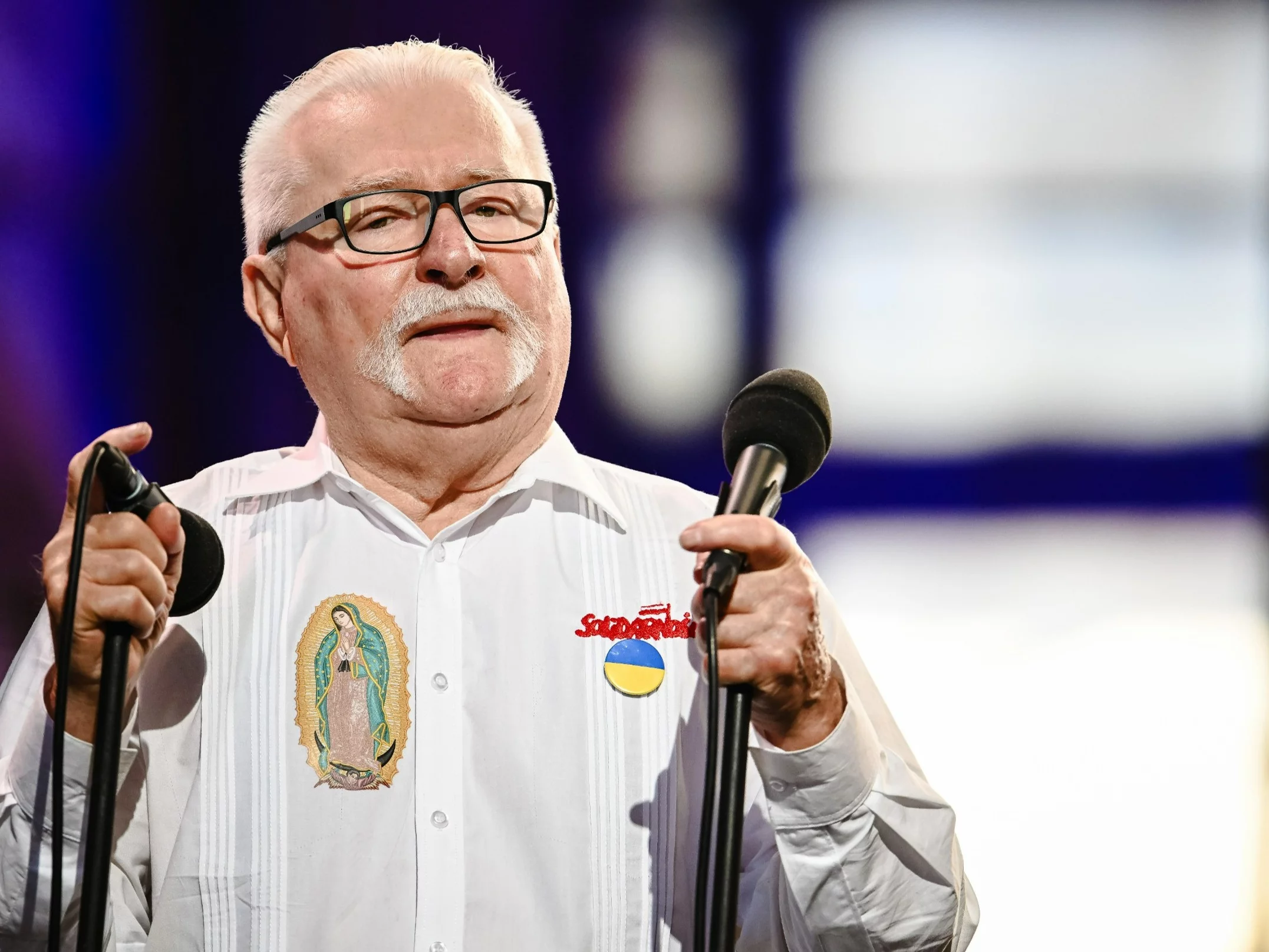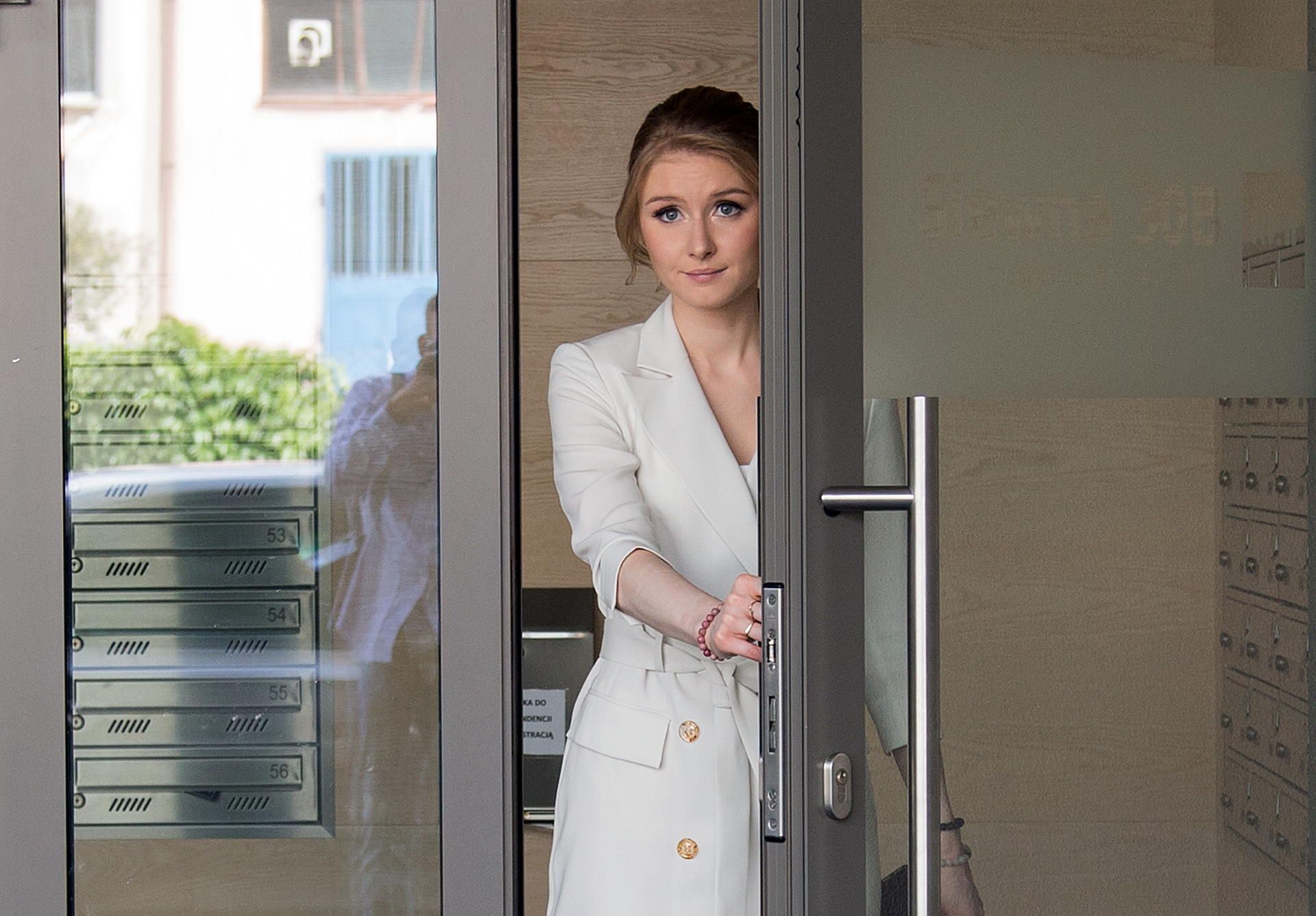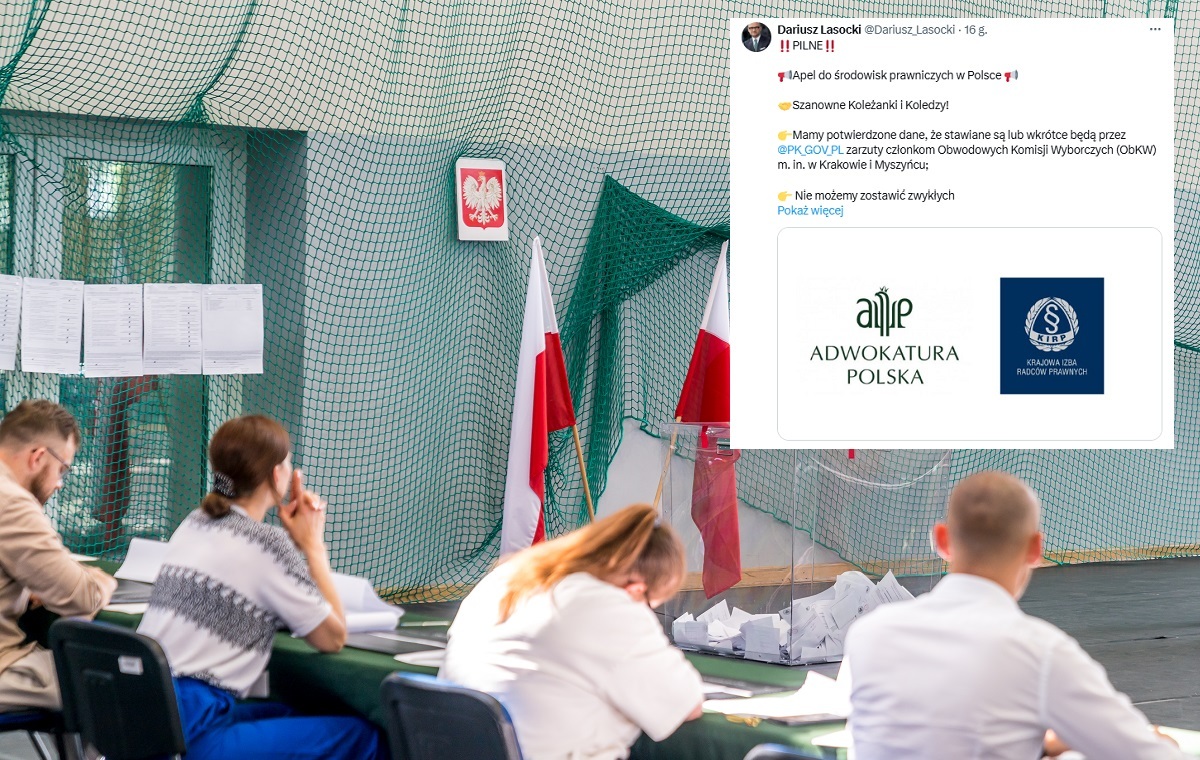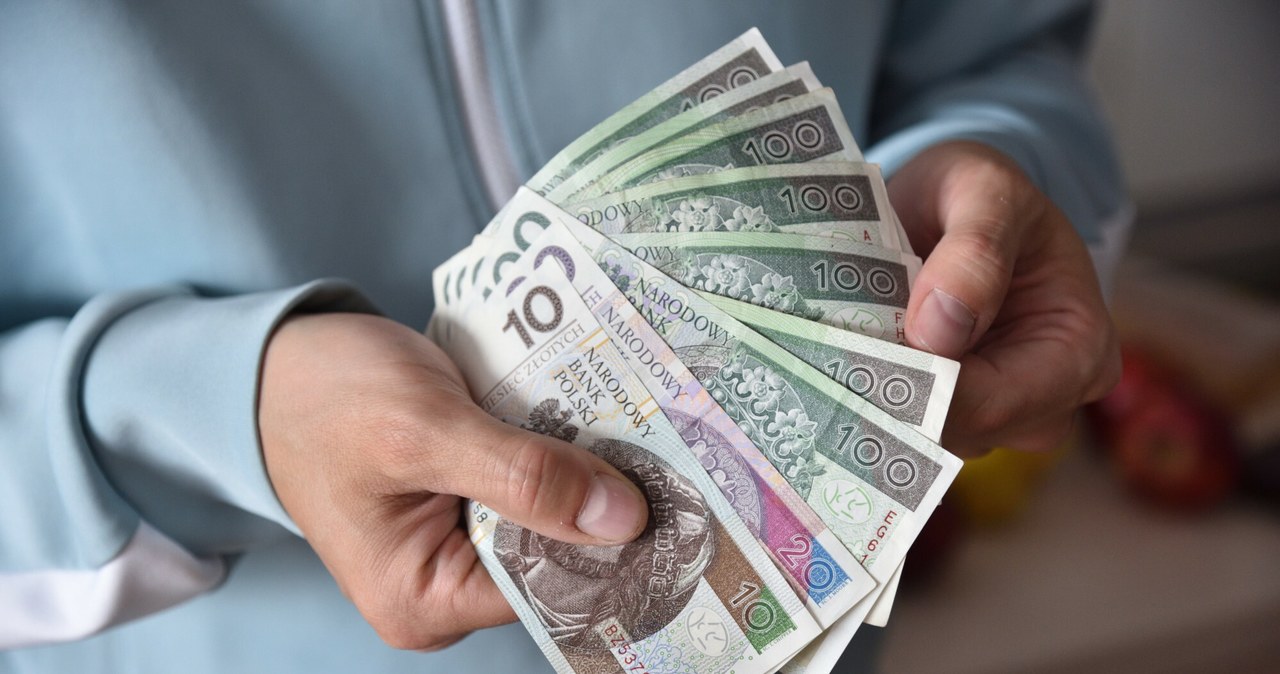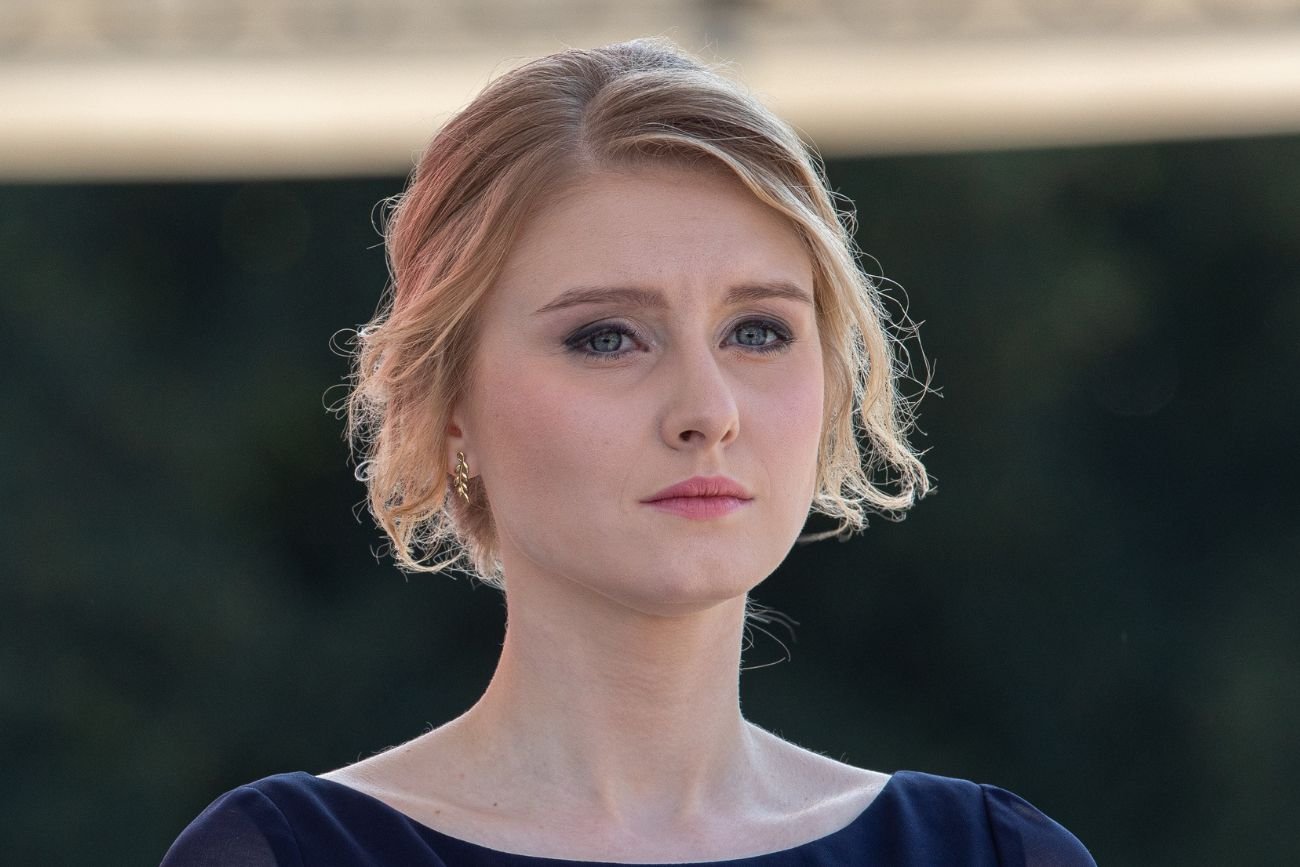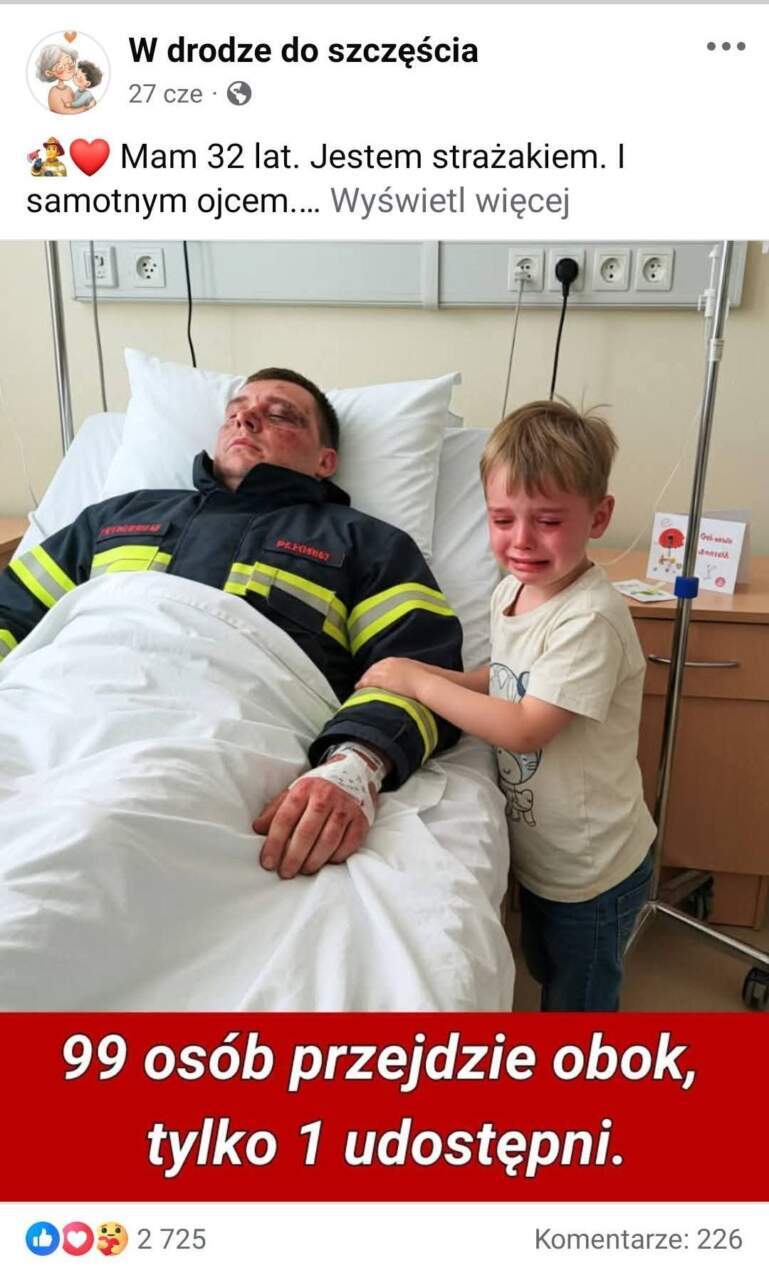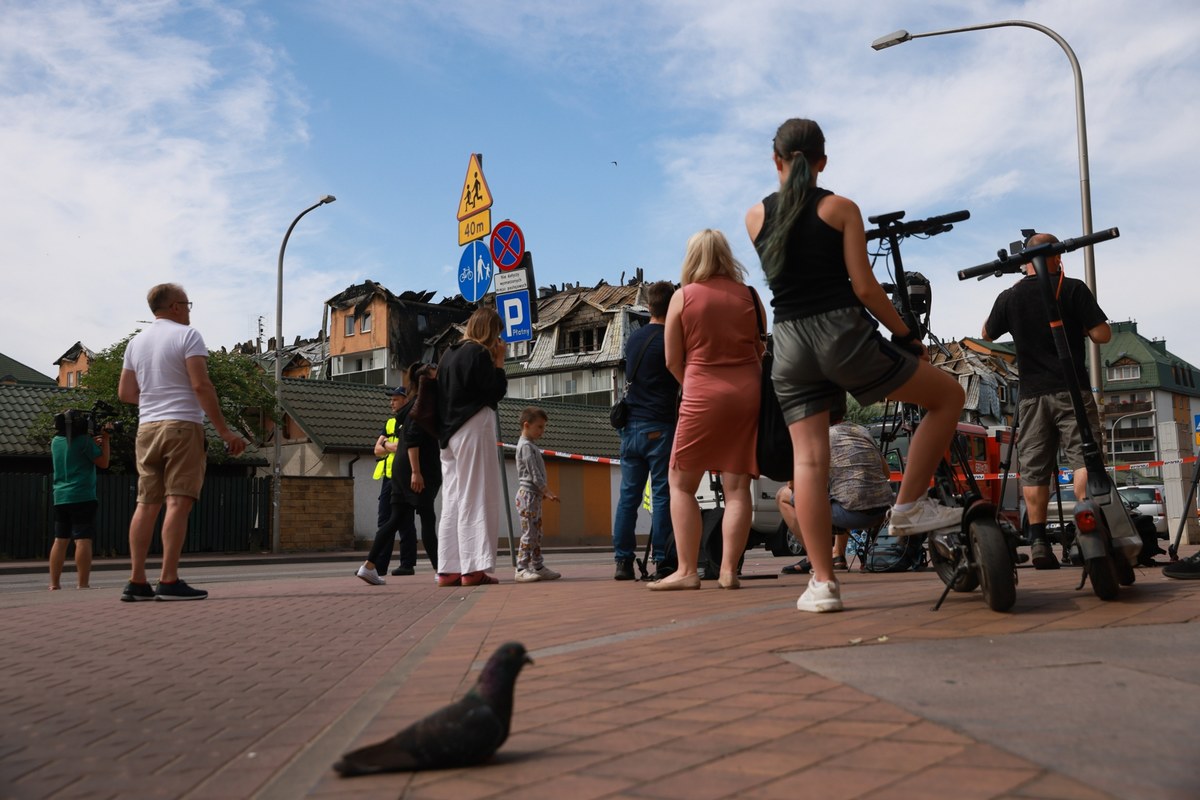90 years ago, on 6 July 1934 at 8 p.m. to the recently created retreat site in Bereza Kartuska, or Concentration Camp according to “Gazeta Polskiej” (No. 168, 19 VI 1934), the first prisoners arrived.
They were activists of the National Republic of Krakow – Jan. Antoni Grębosz and Bolesław Świderski (No. 1 and No. 2), respectively. They became partners in the cell. Earlier, for their national anti-sanction activity, they were arrested on June 17, 1934 and were imprisoned in Kraków. They were sent to Bereza on 5 July by the decision of the Krakow voivode. Their defenders wrote in their case to the Kraków Voivodeship. They received the following reply:
‘Kraków 6.7.
In consequence to the intervention of Mr. [mec.] Mr. Kuśnier and Mr. [prof.] Sikory on the survey of rights, Mr. Ant. Grębosz and Mr. Bol. Świderski replied that they were both transported to Kartuska Bereza at 6 a.m. today. All interventions must so be directed to the chief of the isolation camp, due to the fact that only if the detainees are decently carried out can they be released early.”
On July 6, 1934, leading activists of the National organization and the National extremist Camp were arrested. Later in the morning on 7 July, they were transported to the “Place of Isolation in Kartuska Bereza”. It was the celebrated “Warsaw transport” at the time. It featured leading activists of the organization, the elite of the movement. They were lawyers:
Henry Rossman,
Dr. Jan Jodzewicz,
Mieczysław Pruszyński,
Henryk Komyński,
Edward Kemitz,
And besides students:
Bolesław Piasecki,
Sigismund Dziarma,
Władysław Hackiewicz,
Jerzy Korycki-Edegey,
Vladimir Sznarbachowski.
The retreat camp in Bereza Kartuska was created by the decree of president Ignacy Muscicki of 17 June 1934. "on persons threatening safety, tranquility and public order". The thought behind the project, approved by Marshal Józef Piłsudski, was the Prime Minister of the Second Republic Leon Kozłowski.
Interestingly, the President's decree allowed the creation of many specified retreats, but only 1 was created – in the Kartuska Bereza, symbolically in the erstwhile Czarski barracks. Among the Polish public opinion at the time, this regulation was named “Lex Bereza Kartuska”. The location in the least urbanised and civilized Polesia state caused that escape or contact with the outside planet was very difficult.
Sanctional “Gazeta Polska” dated 19 June 1934 described the Kartuska Bereza:
“We know what should be in Poland, due to the fact that we want to. There must be order. It should be serious and it will be. Concentration camps. Yeah. Therefore, we can see these 8 years of work on the size of Poland, 8 years of example and 8 years of clotting – it was not adequate for everyone".
Immediately after arriving at the camp, the prisoners were directed to the camp commander, then the search was carried out, most of the individual items were confiscated during their stay in the camp. This camp in Berez was not the place of mass extermination, as most Nazi camps were, but it was the centre of sophisticated terror, with the aid of an unparalleled beating, catory work, physical exercises exceeding human strength, continuous physical and moral abuse. Mieczysław Pruszyński experienced traumatic moments:
“When I arrived at the camp, I was introduced to the dungeon where the straw lay. I was told to get down on my knees with my hands up, and then 2 policemen came in, and the officer ordered me to burden the gun. It took a fewer minutes to fake the execution, and at the end, the officer threatened to shoot me in the event of an effort to escape.”
There were 2 police officers with rubber police sticks in their hands at the entrance to the training area, which they put on passing and calling out: “Hurry, run”. 2 lines of police and civilians – criminal criminals (as it is very akin to German practices) were then set up, supplied with peculiar “bike”, sękaty kosmurs, circles. Each of the prisoners had to go through the “corridor” of police and criminals drawn out in this way who shouted at the sky: “Run, motherfuckers, run, run, run, don’t be afraid, we don’t hang you yet!” – they put tools of moving prisoners in their hands. erstwhile they were already in the square, everyone had to lie face down in the aftermath of the command: “Down your forehead, lie on your faces”. Then the cops on that bunch of people came in and trampled on people, beat them with rubber sticks, shouting: “Don’t lift your heads, face to ground!”.
During the summer, the wake-up call was held at 3:30 in the winter at 4. After breakfast and appeal, the inmates worked in the kitchen, laundry, sewing and carpentry shops, in the field or concrete mills, and on part-time work.
“The work lasted 8 hours, but all these activities were for 15 hours, due to the fact that besides exercises, running, washing paragraphs, scrubbing, so that the bit 15 hours it lasted” – mentioned the folk activist in Bereza from the Bochen territory Władysław Ryntarz.
Those who lacked classes were given all-day, onerous physical exercises on the appeal square lasting 9 hours. besides slow work or exercise resulted in beatings and another harassments. Punishments were imposed for violation of the regulations: deprivation of correspondence, simplification of rations, fasting, isolation.
One of the prisoners of Bereza – an activist of the National organization and writer of the "Wilenski Diary" Stefan Łochtin – characterized the police in the camp:
"The ratio of police to the arrested was very diverse. There were those who secretly brought food and presented it in a paragraph or elsewhere, but they were exceptions. Most were very strict – I would say even animal raw. To the arrested, they said, "You fucking boy of a bitch, pig shit." During lunchtime, most of the police did not let the arrested to go to the passages or even wash their hands. In my presence, Świerzewski asked for approval to wash his hands (he washed police passages and had his hands covered in feces). The policeman Bulsiewicz replied to him, “You intelligence whore – you can eat crap dinner.”
General Józef Kordian–Zamorski – Chief of State Police from 1935 to 1939 – believed that directing police officers to service in Bereza was contrary to the Police Act. However, his protests placed on the hands of the Minister of the Interior, Marian Zyndram-Koscialkowski, were ignored.
Kamala–Kurhański as commander of Kartuska Bereza undoubtedly held work for everything that happened in the camp, including the conditions and brutal treatment of prisoners there. However, even though his boss did not have a advanced opinion of him, he was awarded the Officer's Cross of the Order of Polonia Restituta for his “service” in Bereza.
The most striking summary of the existence of the retreat camp (concentration camp) in Bereza Kartuska is the comment of Mr Antoni Grębosz after receiving a message about the Auschwitz camp:
"It will be better there than in Bereza".
He spent 5 months there of which 3 were in prison. He returned to Krakow on 1 December 1934, as a cripple – his left arm was paralyzed due to violent beating.
Through Kartusk Bereza, more than ninety nations, as well as the people’s activists. It is hard to prove that these people were actually threatening the Polish State and were just enemies of the sanitation regime. We must yet end the story of the regulation of the Pilsudians and admit that they dishonored Poland's Nation, creating a concentration camp...
Read also:
“This people will not perish and now, as the greedy claws of Orthodox Ukraine come out for them”

